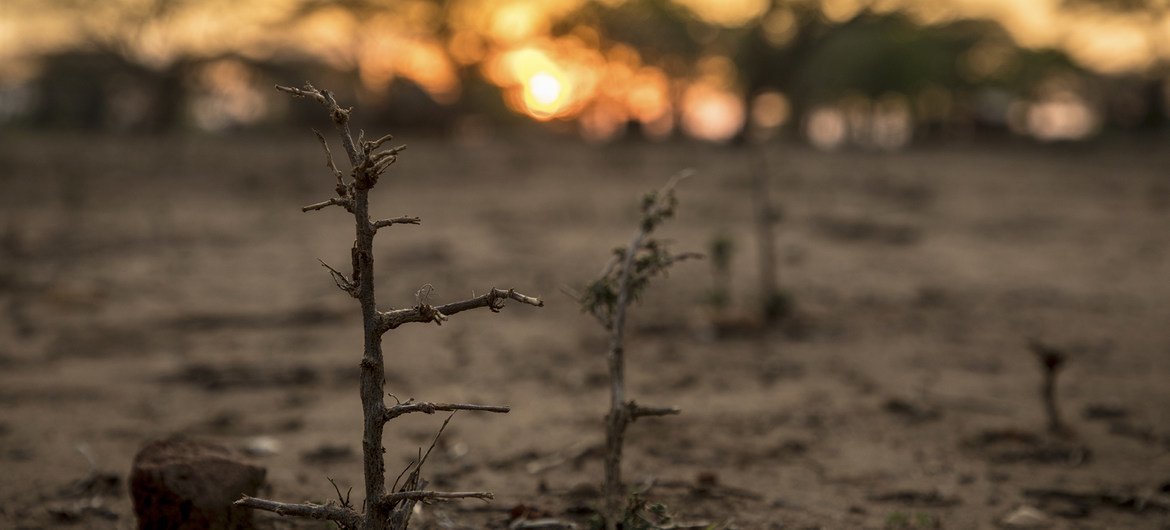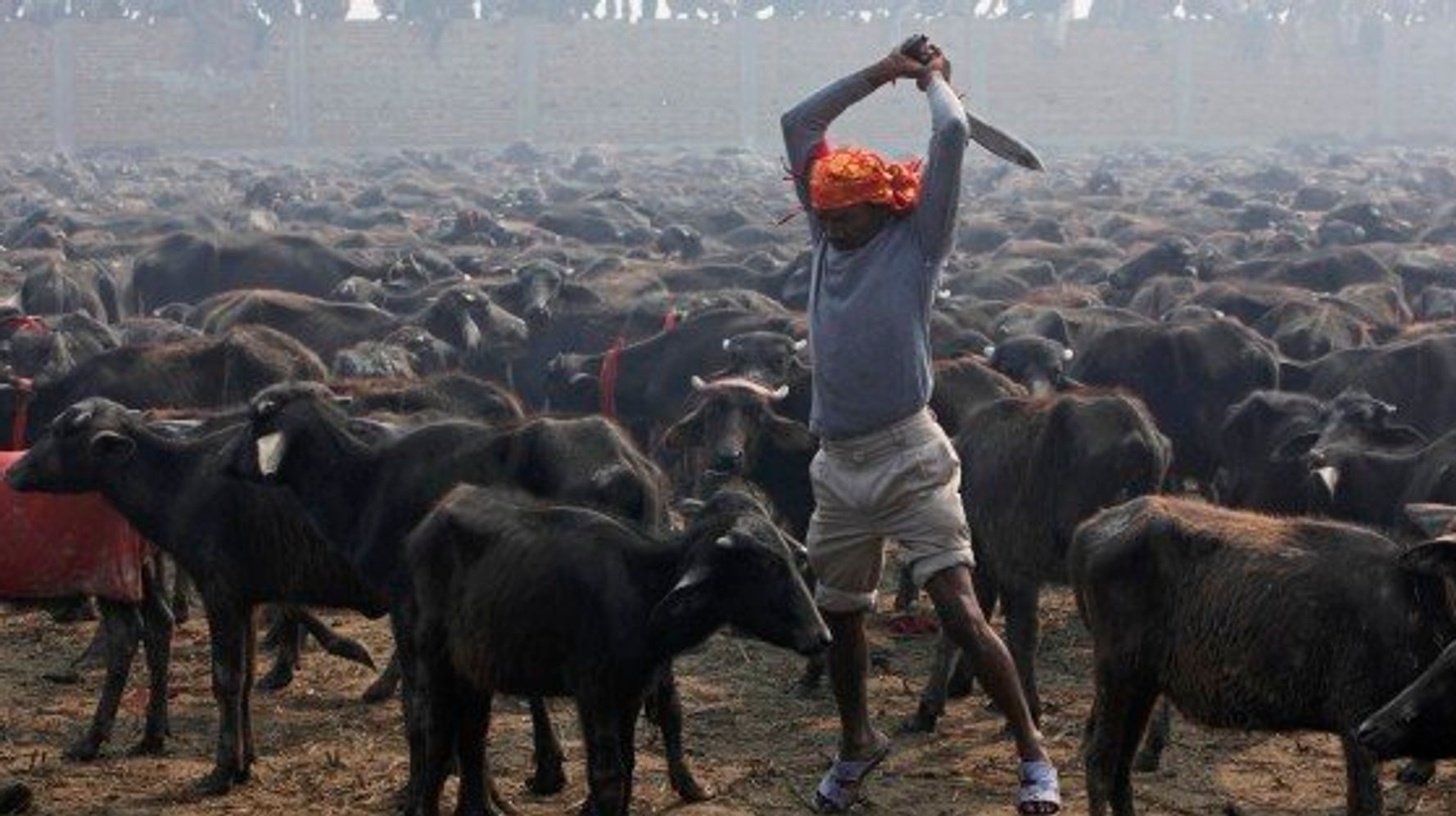Democracy is failing to tackle the climate crisis

Dr Helen Camakaris.
AS THE lead-up to the Federal election in Australia gathers steam, each major party is courting the public, almost exclusively focused on winning the numbers game.
Like most of us, politicians are swayed by emotive reasoning and suffer the many shortcomings of evolutionary mismatch; they, therefore, tend to favour short-term interests, namely re-election, and the pursuit of status.
As always, the lynchpin of the Coalition’s electoral policy involves pork-barrelling in marginal electorates, targeting the hip pocket nerve with a short-term fistful of dollars (or longer-term if you are wealthy and qualify for tax breaks) and claiming superior financial management, even when there is scant evidence.
And rather than Basil Fawlty’s refrain, “don’t mention the war”, Morrison has capitalised on the zeitgeist of war as a plus for the Liberal Party. It’s more a case of “shhhh! Don’t mention the climate!”
Labor, meanwhile, is pursuing a sales pitch for improved aged care, an appropriate response to the Royal Commission’s 2021 recommendations, improved Medicare and cheaper child care. At least, they have a plan for tackling climate change, with their powering Australia policy, slated to reduce emissions by 43 per cent by 2030 and put us on track for net-zero by 2050, in line with Australia’s Paris commitments, whilst boosting jobs in renewable energy.
In Australia, climate policy is a major problem, despite the fact that we are extremely vulnerable to the climate’s impacts. We face severe disruption with worsening droughts, floods, bushfires, heatwaves, rising sea levels, ocean acidification and cyclones.
And the consequences are considerable: loss of livelihoods, food shortages, flooded cities, increased morbidity and mortality, refugee migration, and probably border disputes and possible wars.
Over the past two decades in Australia, the political rabble has deposed responsible leaders on both the left and right, fearing that the public is too unsophisticated to consider any issue not immediately evident as serving self-interest.
Climate change has been downplayed, and we are now seen as a pariah state, ignoring our international responsibility toward climate action, whilst also losing out on the opportunities of moving early.
Most other countries have done somewhat better, but globally we are collectively failing to rise to the challenge.
Climate scientist Michael Mann has pointed out:
“We are not yet on a path to keeping warming below a catastrophic 3° F.”
Furthermore, he notes that the “obstacles aren’t technological; they are political”.
And yet, the majority of the public now sees climate change as a major threat, as revealed in a 2021 UN Global poll of 1.2 million people in 50 countries, which indicated that two-thirds of the population considered climate change to be a global emergency.
Why are we failing to follow good policy? Whatever happened to “government of the people, by the people, for the people“, surely an ideal we once shared with the U.S. for whom it was written? In reality, democracy itself, in many nations, is on the skids.
Current democracies ignore the fact that the majority of voters sit in the political centre and are poorly served by our current partisan system. Similarly, the rights of future citizens and people beyond our borders are routinely ignored.
At least two changes are necessary: firstly, we must move away from adversarial jousting between left- and right-wing ideologies, to seek meaningful representation and consensus; and secondly, we must tap into the specialist knowledge necessary to comprehensively understand issues like climate change from all angles: scientific, social, psychological, political, economic and ethical.
There are many new models for democracy that might achieve a better outcome for problems like climate change, biodiversity and an economy that puts people and the environment before profit. Think Tanks and popular movements have suggested national unity government, eco-socialism, citizens’ assemblies or juries and direct democracy.
However few people have addressed the crux of the problem: how might a new model be introduced?
As an interim measure, decisions on global, long-term issues like climate change (and indeed, the nature of democracy itself), could be made by a government-sponsored independent council for the future that includes experts in science, economics, political theory, foreign policy, international law, psychology and ethics.
They could jointly design policy on solving climate change, which could then be put before the government or a citizens’ assembly for a conscience vote.
Climate policy would be at arm’s length from politics, much as happens with the Federal Reserve in the USA and the Reserve Bank of Australia with respect to monetary policy.
Consensus would encourage long horizons and continuity of policy, providing certainty for business, saving billions of dollars and facilitating international negotiations. We might even embrace the moonshot, articulated by Mariana Mazzucato, or the doughnut economics of Kate Raworth.
Making a controlled transition, without conflict, is the challenge for any substantive change in politics, but a council for the future would tick many boxes.
One possible strategy involves promising a council for the future as part of an election platform. The public is keen to see progress on “wicked problems” and could well support a party with a strategy that might allow us to secure a safe future for our children.
From : resilience.org


















Facebook Comments